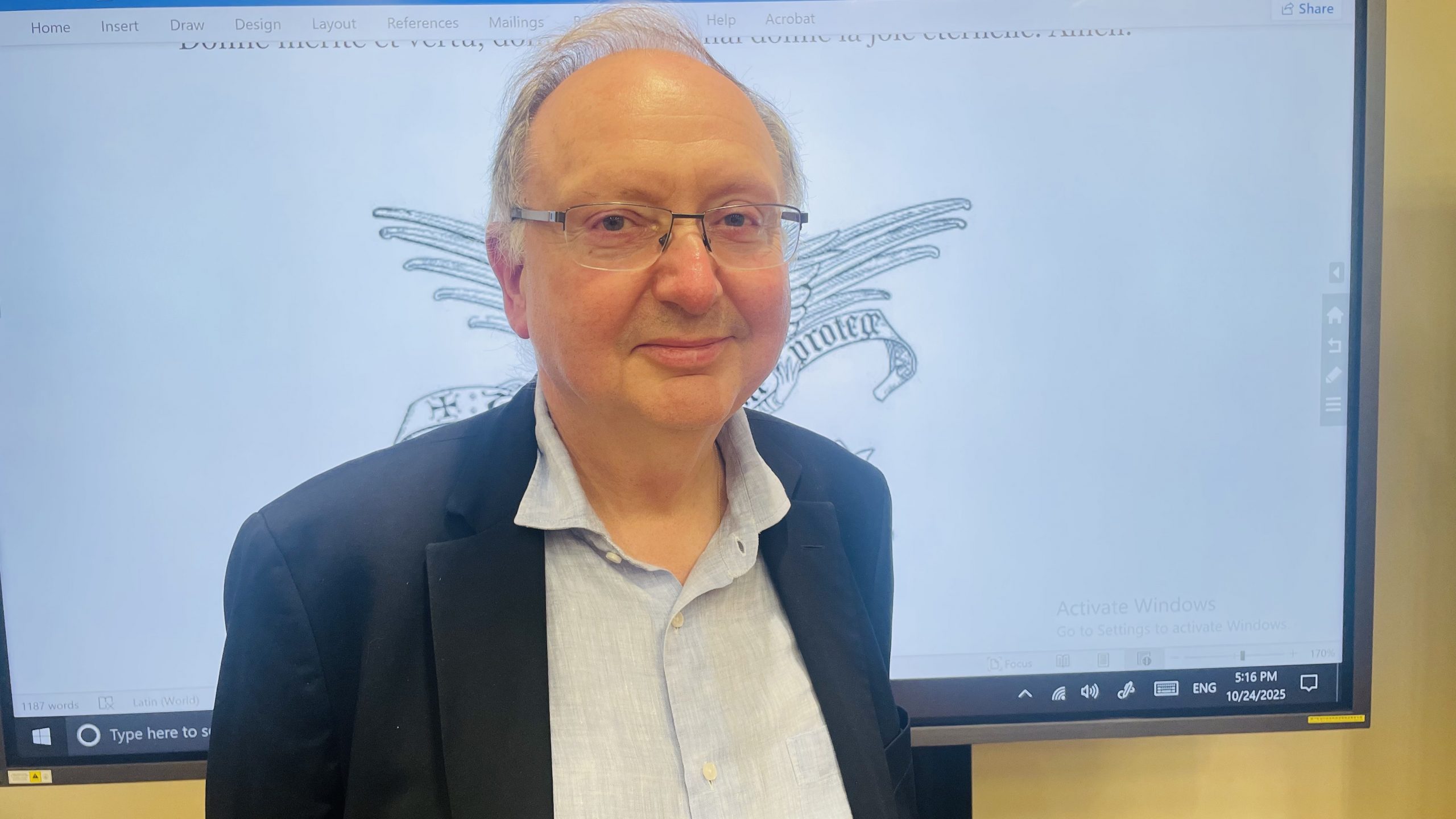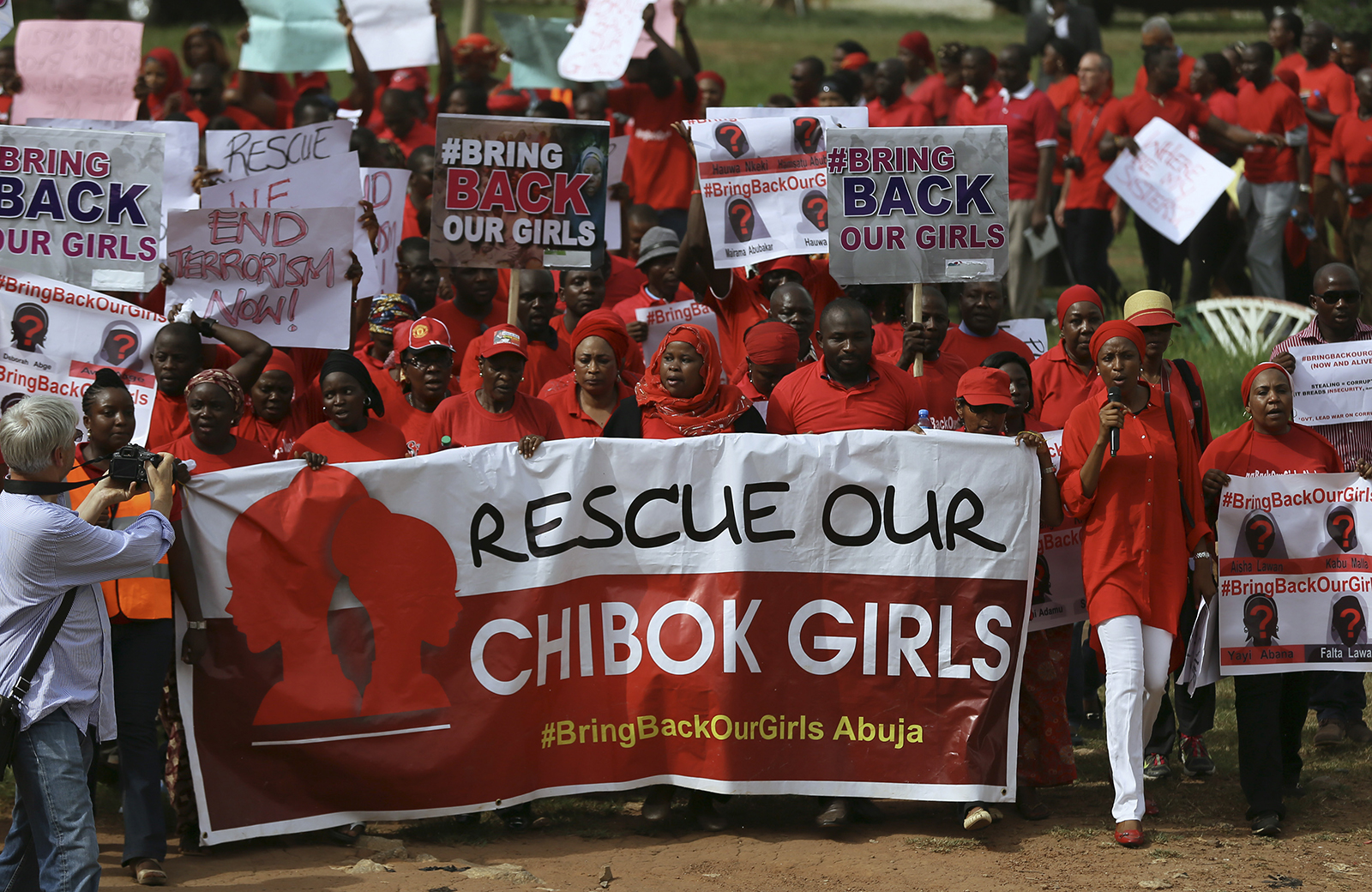Aurelio Porfiri
It is interesting to try to observe with a disenchanted eye what is happening around us, as far as possible. Of course, during the past year, we have been so involved that it is difficult to withdraw from the surrounding world but if we can make a difference, it is an effort worth making. A reflection on the surrounding world is found in an interesting collection of essays by Aldo Natale Terrin, historian of religions, a collection gathered in a book entitled Il sacro off limits.
In one of these essays entitled Health and Salvation. Phenomenological reflection on the therapeutic task of religions, he observes a phenomenon that seems very current today, even if his book is written in 1994. This phenomenon is the link between religion and illness, between faith and healing. Today it seems to us that these two dimensions are separate, indeed that the needs of the body must always prevail over those of the spirit. The scholar says: “Only the Christian religion – more linked to the ‘technological progress’ of the West and dominated by the body/spirit dichotomy – soon let itself be carried away by other principles and perhaps neglected too quickly the therapeutic task, which was entrusted in parallel with the mission itself to evangelize, limiting itself to thinking of the ‘salvation of the soul’ and instead leaving it to medicine to cure the body and all diseases, considered only and in a corrective way as an accident of the human body, homologated in turn to a simple ‘machine’ capable of failing. But diseases are only physiological facts, are they pathologies of the organism or are they not manifestations of something more complex that is missing and do they not perhaps highlight a global disharmony of the human subject that involves the whole person?”
This observation seems very important to me and makes us rethink our approach to the body/spirit relationship. If there is no spirit, if everything is body, then the mechanistic approach seems the only reasonable one. I dealt with this topic in a book of mine, Sia l’uomo la tua frontiera (Sugarco) in which I deal with precisely this aspect of the separation between medicine and spirit.
Aldo Natale Terrin tells us that health and salvation are terms that have the same origin and that share the same meaning, separated only later. In Latin we have salus, which in effect affects both aspects of the body and the spirit. But not only that: Terrin tells us that “in the history of religions also the term therapy, which is not a medical term but above all ‘religious,’ helps this vision. In the classical conception of the ancients, the concept therapeía indicates first of all ‘an assist,’ a ‘being close,’ a ‘taking care’ and it is a term that is very close to the religious and Christian concept of ‘diakonia.’
We recall what Mario Arturo Iannaccone tells us when speaking of the birth of hospitals in the Elementary Dictionary of Apologetics, that is, that they were carried out within Christianity and that many surgeons were also clerics. We recall that in the rogations, which were a ceremony to implore God’s protection against the scourges and to protect the crops, it was asked that “from plague, hunger and war, deliver us, O Lord.”
In short, it was believed that there was actually a unique dimension of the human being that the Church had to deal with. We remember the beautiful painting by Carlo Saraceni, San Carlo Borromeo communicates with a plague victim, in which the saint is seen with other clerics approaching the bed of a patient infected with plague to bring him the Eucharist. Now, no one would advise a priest today to approach a covid patient without the appropriate protections, but do we still believe that spirit is superior to matter? Paul VI, in his concluding address of the Second Vatican Council (7 December 1965) said that “to know man, the true man, the integral man, one must know God.” But it seems today that we deify the human.
The covid pandemic has shown us even more forcefully at what level the crisis of faith is, a faith that now seems to be indebted to science and not the other way around. One seems to hear Herman Hesse’s cry: “I have never lived without religion and I could never live a single day without it. But all my life I have done without the Church. This admirable Catholic church is in my eyes worthy of reverence only from afar. As soon as I get close it smells, like all human institutions, of a strong smell of blood, power, politics and the loss of individuality. I believe in an indestructible religion that is beyond, within and above creatures.”
The Church has now become irrelevant. Italian journalist Eugenio Scalfari said: “Even science, unlike philosophy, seeks the ultimate truth, not handling ideas, concepts, words, but using numbers, formulas, equations, powers. The challenge of science is to discover the key capable of opening all doors, down to the last one that holds the golden number, the final formula, the law that clarifies and reveals the last unknown. This is why the Church does not feel threatened by science: in fact, they pursue the same goal.”
But, as Roberto Buffagni replied to him in the Elementary Dictionary of Dangerous Thought, truth, especially the ultimate truth, is a philosophical term and is not the subject of scientific investigation which deals with verifiable certainties.
In short, has the Church contracted out to science the ultimate answer to our whys? In Fides et Ratio (1998) John Paul II began: “Faith and reason are like the two wings with which the human spirit rises towards the contemplation of truth.” He echoes with ever more force what Jesus says: “What good is it for man to gain the whole world if he then loses his soul?”
It seems to us that today the soul, the spirit, are useful concepts to feed a thriving market of alternative philosophies and religions but that they have lost their place of honor, as a Christian foundation, in the heart of our civilization.

 Follow
Follow


